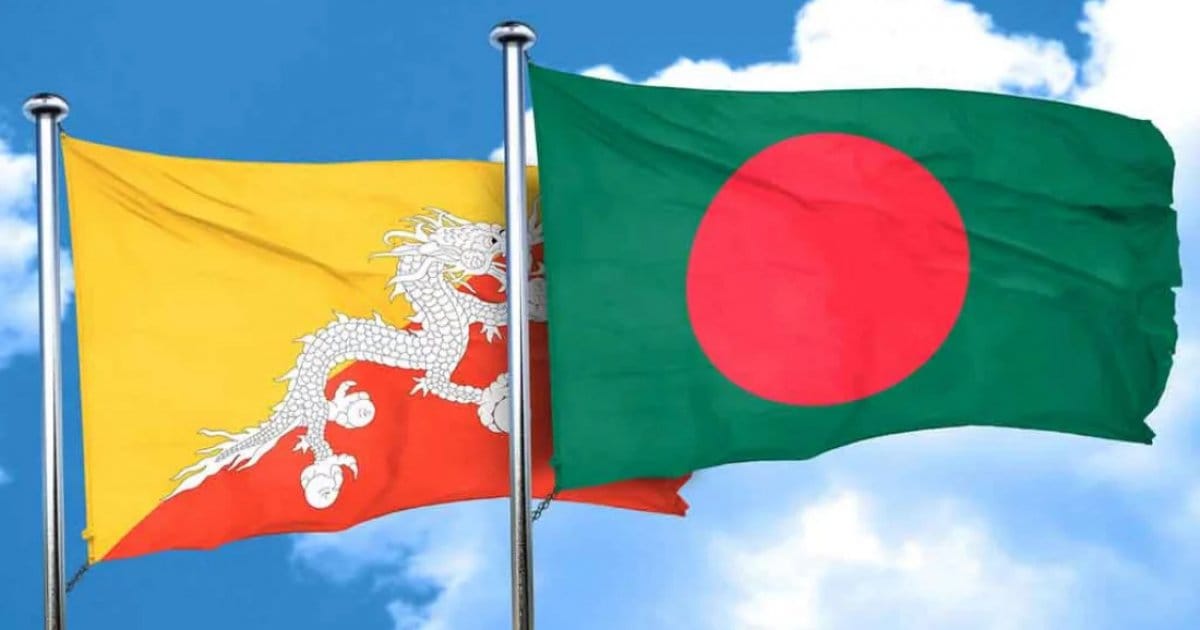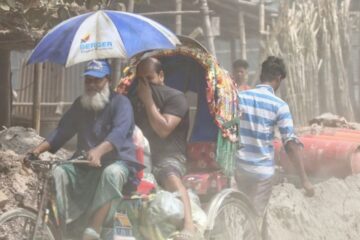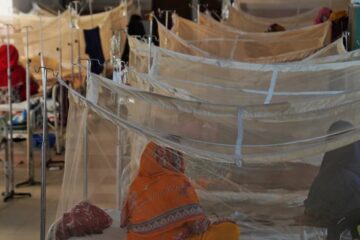The Bangladesh Institute of International and Strategic Studies (BIISS) on Monday hosted a country lecture titled “Bangladesh–Bhutan relations: Elevating bilateral ties for shared prosperity” at the BIISS auditorium in Dhaka, bringing together diplomats, academics and policymakers to chart the future of bilateral cooperation between the two South Asian neighbours.
In the event, the ambassador of the Royal Bhutanese Embassy in Bangladesh, Dasho Karma Hamu Dorjee, attended the event as the distinguished guest speaker, while Professor Mustafizur Rahman, distinguished fellow at the Centre for Policy Dialogue (CPD) was moderated the discussion.
In his welcome remarks, director general of BIISS, Major General Iftekhar Anis, recalled the historic friendship between Bangladesh and Bhutan, highlighting that Bhutan was the first country to recognize Bangladesh in 1971.
He stressed the need for stronger collaboration in areas such as trade, connectivity, climate resilience, and energy cooperation, to ensure shared regional prosperity.
Former secretary (East) at the Ministry of Foreign Affairs and former rector of the Foreign Service Academy, Ambassador Mashfee Binte Shams, also addressed the gathering.
She reflected on the evolution of bilateral ties and noted that cooperation in hydropower, cross-border trade and people-to-people exchange could unlock new opportunities for both countries, especially in the context of sustainable development and climate action.
In her keynote speech, Ambassador Dasho Karma Hamu Dorjee praised the strength of the enduring partnership between the two countries and identified environmental conservation, hydropower collaboration, education and tourism as key priority areas.
“Bhutan values its relationship with Bangladesh and is committed to deepening this partnership in a manner that is future-oriented and mutually respectful,” she said.
The ambassador also called for both nations to work together on regional initiatives to build resilience and drive inclusive growth.
She emphasized Bhutan’s readiness to explore new frameworks for cooperation that align with both nations’ development goals and reiterated the importance of maintaining a rules-based, trust-driven relationship in an increasingly complex regional environment.
Following the lecture, an open discussion was held with participation from senior government officials, diplomats, international organization representatives, researchers, media and students.
Attendees shared insights on expanding the Bangladesh–Bhutan relationship beyond traditional diplomacy and focusing on energy trade, connectivity infrastructure, and cultural exchange.



